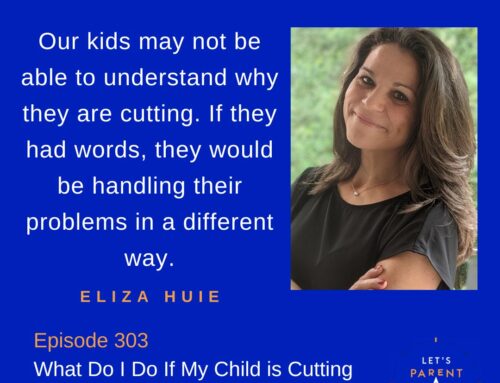Powered by RedCircle
When I was little, I loved Mad Magazine. (I know, shame on me). One of my favorite running bits in the magazine was called “Snappy Answers to Stupid Questions”. The title is fairly self explanatory, and I not only loved reading the biting sarcasm, I loved coming up with my own. If I hadn’t become a Christian, I might be writing for Mad today, because I really enjoy putting people into place for their foolish comments.
Thankfully, I gave my heart to Jesus, and He’s been sanctifying it for the last 33 years. But I still have to watch my tongue, because it so enjoys a biting comeback.
In case you haven’t noticed, most people don’t enjoy being the subject of biting comebacks. They don’t like the comebacks when they’re angry. They don’t like them when they are funny and demeaning. They don’t even care if you were really clever. They just feel hurt and angry. Take this feeling, multiply it by the loads of insecurity, hormones, and feelings of powerlessness kids often feel, and it’s not shocking to realize that children and teens don’t really take our harsh reactions well.
I know. It’s hard. Sometimes they do shockingly dumb things. But we need to take care that our words don’t wound deeper than the actual situation calls for. Remember, in every emotional situation, there are at least two levels of eduction happening with your children. The first is the lesson you are verbally trying to teach them. The second (and more impactful) is the nonverbal way you’re training them to react to tense, pressure-filled situations. When we react with over the top words or emotions, we’re not only making it harder for our kids to really understand the primary lesson we’re trying to teach them, but we’re also training them on how they should react in tense situations. Are they going to yell? Are they going to bring in multiple past transgressions? Are they going storm off angrily? We all have a sin nature, but these are primarily learned behaviors from the grown ups in their life. They will do what you do far more than they will do what you say.
So, in the very near future, when you find yourself in a scenario where you typically react with harsh, biting, or loud words, take a moment to gather how you might respond. Perhaps you should memorize this verse, and as you take your deep breath, recall it:
Proverbs 15:1 A soft answer turns away wrath,
but a harsh word stirs up anger.
Then follow these three steps:
- Pray “God give me grace for this moment”. It’s impossible to maintain your emotions apart from the grace of God.
- Ask “What can I teach them right now?” You (or they) may be so frustrated that you can’t teach much of anything. So perhaps the response is, “this is important and I’m not sure what to do, let’s schedule a time to talk about this when we both get some self control”. Your delaying of the talk (and consequence) for the sake of relationship might be the most important lesson of the day.
- Consider the context: Think about what’s causing this behavior or action in your child. Is something new or different going on? I have a great friend who is a counselor, and he always says “Behavior should make us curious”. There’s always a “why” behind the “what”, even when we can’t see it right away. And most always, the “why” is the most important question.
You’re not going to get this right all the time, but with practice and a LOT of grace from God, you will get better. So will they.







Jay- Thank you! I really needed to read this today. I love how God puts things in front of you at the perfect moment. This morning I “reacted” with Andrew and regretted the way I handled the situation. I am grateful for your blog and will learn from it moving forward.
So great to hear! Glad to know it’s actually helping!!!!